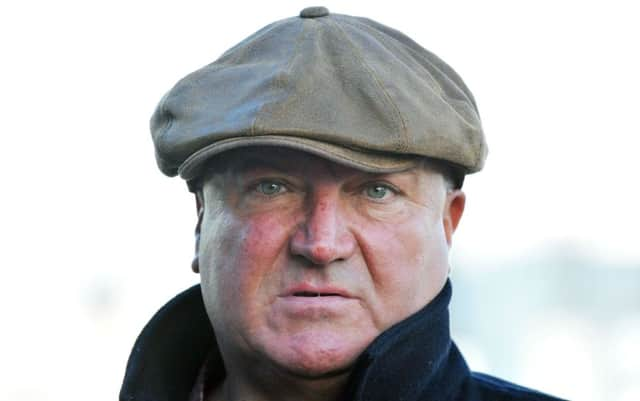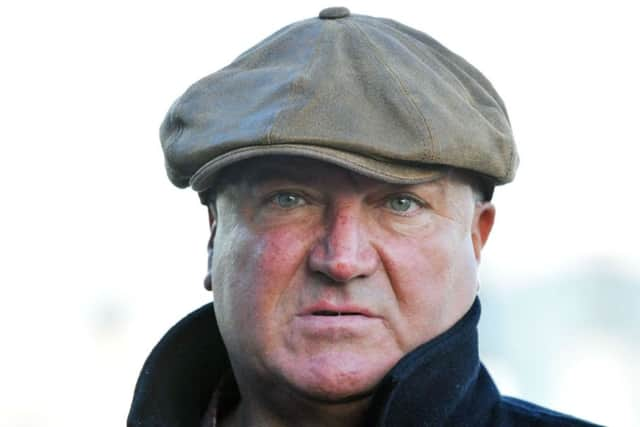RMT Union leader Bob Crow dies aged 52


Bob Crow led strikes across the railways and shipping in his 12 years as general secretary of the Rail, Maritime and Transport union (RMT), including last month’s London Tube dispute.
His uncompromising battles for workers’ pay, conditions and safety – involving more strikes than any other union leader – earned him respect, fear and hatred in equal measure.
Advertisement
Hide AdAdvertisement
Hide AdHowever, Mr Crow’s commitment to the union cause prompted tributes from political adversaries as well as fellow leaders of the labour movement.


London Mayor Boris Johnson said: “Whatever our political differences, and there were many, this is tragic news. Bob fought tirelessly for his beliefs and for his members. There can be absolutely no doubt that he played a big part in the success of the Tube, and he shared my goal to make transport in London an even greater success.”
Former mayor Ken Livingstone praised Mr Crow’s work in the labour movement, adding: “The only working-class people who still have well-paid jobs in London are his members.”
UK Transport Secretary Patrick McLoughlin said: “Like many, I will remember him as a passionate voice for safety on the railways and the wellbeing of those who work on them.”
Mr Crow worked on the railways since leaving school at 16 and became a local official of RMT predecessor the National Union of Railwaymen at 20. He succeeded Jimmy Knapp as leader in 2002.
Richard Crow, his older brother, said he believed the union leader had suffered a heart attack early yesterday.
Stagecoach Group chairman Sir Brian Souter said: “Bob Crow was a passionate advocate for the country’s railway. He worked tirelessly on behalf of his members and shared our focus on the critical importance of safety.
“His views on transport policy may often have been at odds with our own, but he was a man who commanded respect across the sector for his strength of belief in the causes he pursued.”
Advertisement
Hide AdAdvertisement
Hide AdMark Carne, chief executive of Network Rail – with which Mr Crow was often in dispute – said: “Bob possessed a deep understanding of the rail industry and his contribution to its success was significant, in particular the focus he gave to working with Network Rail on improving passenger and workforce safety.”
Mr Crow was involved in a series of major disputes in Scotland, including at least seven involving railway signallers and train conductors, several of which led to disruptive strikes.
He also played a leading role in Scottish ferry disputes, twice tearing up locally agreed pay deals at CalMac in 2003.
Mick Hogg, Scottish regional organiser for the union, which has 10,500 members north of the Border, said: “He was a formidable force who led by example.”
Mr Crow supported Scottish independence because it would enable Scots to “move away from austerity and attacks on workers’ rights”.
Scottish Labour Leader Johann Lamont said: “Bob would take on anyone when he thought it was in the interests of working men and women, and the confidence and certainty in which he made his arguments had to be admired.”
First Minister Alex Salmond said: “Bob Crow was a formidable and tireless champion for the workers and causes that he represented.”
GMB union general secretary Paul Kenny said that the “loss for members of the RMT is immeasurable”.